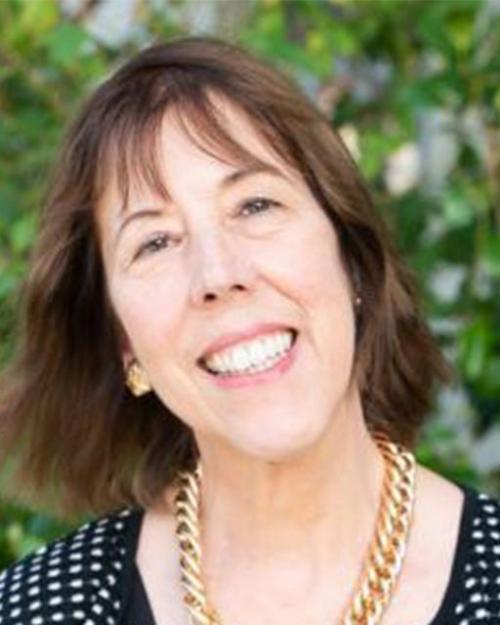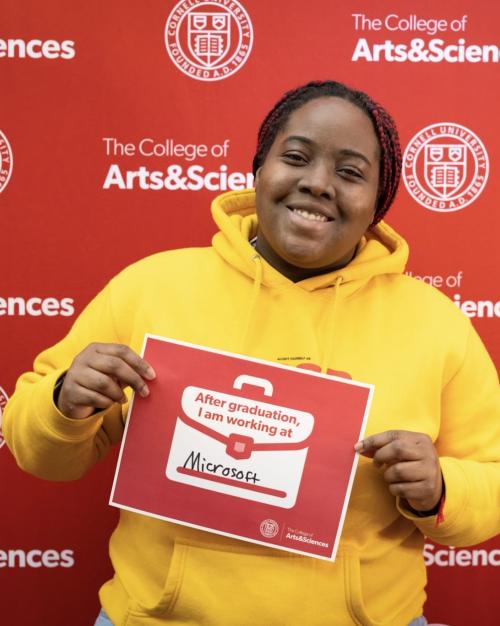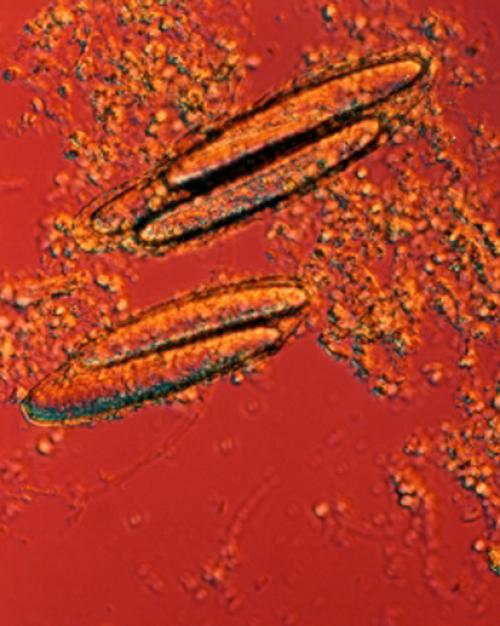As the Cornell Institute of Host-Microbe Interactions and Disease(CIHMID) wraps up its first year, the launch of its Undergraduate Research Experience (URE) proved to be a highlight, say institute leaders.
CIHMID serves as a hub for the spokes of host-microbe biology and disease across Cornell and includes researchers in departments in the colleges of Agriculture and Life Sciences, Arts and Sciences, Veterinary Medicine, Engineering and Human Ecology. CIHMID provides an organizing body for researchers dispersed across colleges to collaborate, communicate and establish a visible presence for Cornell in research areas related to host-microbe interactions.
The URE program provides a mechanism for students to work in CIHMID-associated labs. The students participate in monthly trainings and professional development activities during the academic year, including learning about the scientific method, important research practices, how to read a scientific paper, and how to apply for grants and graduate school. Seventeen undergraduates were chosen for the 2017-18 cohort. The hope is that students will share their experiences and develop connections with each other.
Support is also available for 10 URE students to continue lab work through the summer. Research assistantships during the academic year count for credit, while the summer position includes a stipend.
“Having good research experiences are critical for encouraging students to stay in academic research or to pick careers in STEM fields,” said Tory Hendry, an assistant professor in microbiology and one of the directors of the URE, along with Teresa Pawlowska, associate professor of plant pathology and plant-microbe biology. “This gives them experience to see the full progression of a research project,” from how to develop a question, implement it and analyze results, Hendry said.
Hendry and Pawlowska have also applied for a National Science Foundation grant to expand the URE program.
Along with the URE, CIHMID is accepting applications for up to three postdoctoral research fellows to be granted three-year appointments in a CIHMID-affiliated lab. Applications are due Feb 26. The institute is also providing promotional support for hiring two faculty positions that would fall under the CIHMID umbrella; one for a specialist in vector biology and vector-borne disease through the Department of Entomology, and another for a plant-microbe biologist in the School of Integrative Plant Science.
Last July, the institute held its inaugural summer symposium and regularly invited seminar speakers over the course of the fall semester.
“The first year was about getting things organized and putting structures and mechanisms in place,” said Brian Lazzaro, CIHMID director and Liberty Hyde Bailey professor in the Departments of Entomology and Ecology and Evolutionary Biology. “Now that is done, and we are looking to get funding for the future to keep programs running and to expand them.”
Jo Handelsman, director of the Wisconsin Institute for Discovery and former associate director for science in the White House Office of Science and Technology Policy under President Obama, will speak on March 15 at a seminar co-sponsored by CIHMID and Biology without Borders.
CIHMID is currently accepting nominations as it determines its line of speakers for the 2018-19 academic year.
This story also appeared in the Cornell Chronicle.




